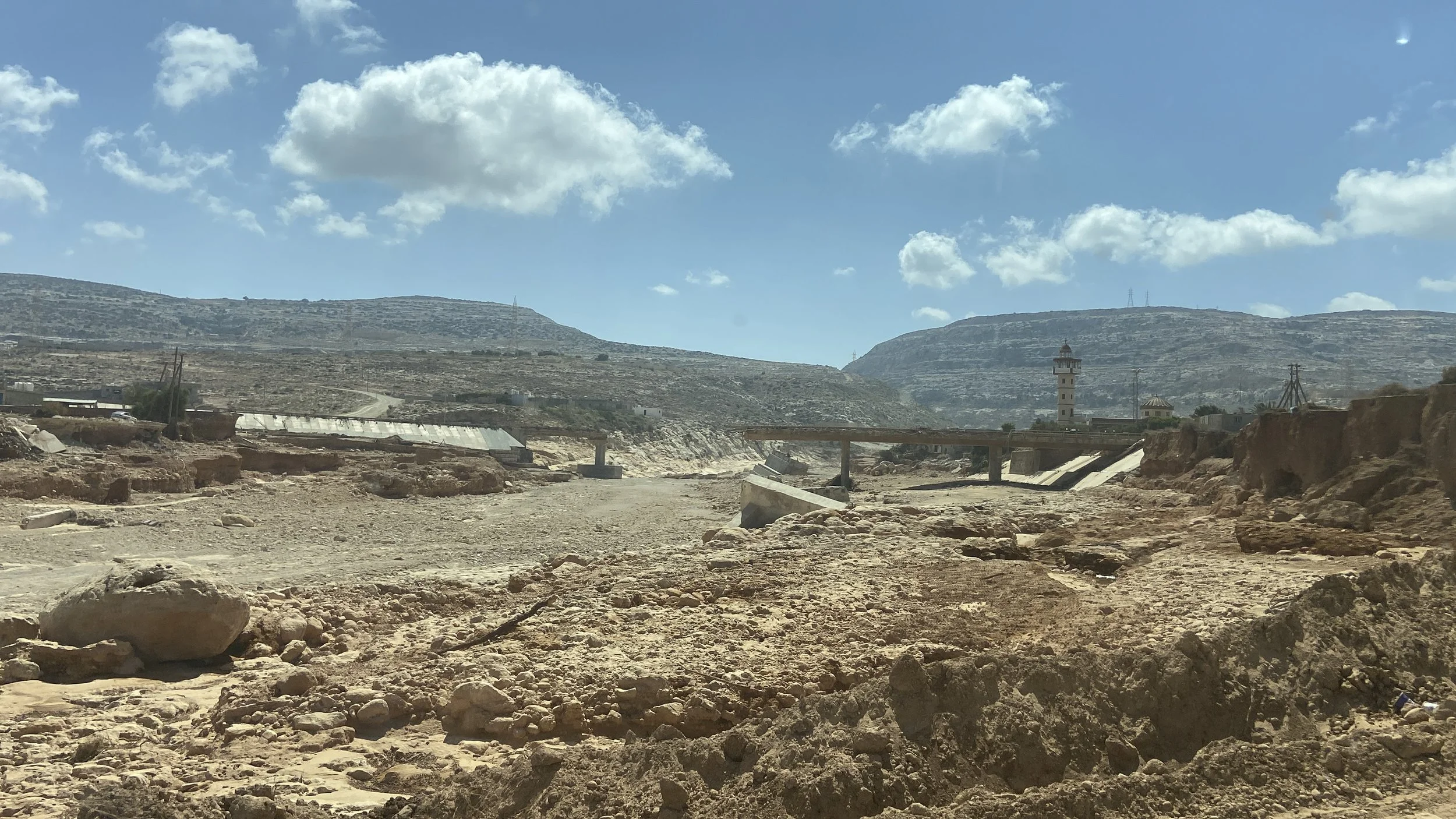Resources
Search our resources
Or filter resources by
Country/region
- Afghanistan 2
- Africa 32
- Americas 3
- Asia 11
- Bangladesh 3
- Belarus 1
- Burkina Faso 3
- Caribbean 7
- Chad 1
- Colombia 3
- Cote D'Ivoire 1
- DRC 1
- Dominica 2
- Ethiopia 3
- Europe 10
- Fiji 6
- Global 52
- Guinea 1
- Haiti 4
- Hati 1
- Horn of Africa 8
- Indonesia 1
- Iraq 1
- Kenya 6
- Libya 1
- Malawi 1
- Middle East 8
- Morocco 2
- Mozambique 4
- Myanmar 1
- Nepal 3
- Niger 2
- Pacific 14
- Pakistan 4
- Palestine 2
- Papua New Guinea 5
- Philippines 6
- Sierra Leone 1
- Somalia 3
- South Sudan 2
- Southeast Asia 7
- Sudan 4
- Syria 3
- Turkiye 3
- Ukraine 6
- Vanuatu 5
- Yemen 1
- Zimbabwe 1
Topic
- AI 4
- CDAC Public Forum 12
- COVID-19 12
- DEPP 7
- Ebola 1
- National Platforms 9
- PSEA 2
- SMS 2
- Sudan 1
- accountability 45
- capacity bridging 15
- cholera 2
- climate 11
- communication 110
- community engagement 80
- conflict 17
- coordination 51
- cyclone 3
- development 1
- digital 30
- disability 2
- disaster 41
- displacement 13
- drought 3
- earthquake 12
- feedback 7
- financing 5
- floods 3
- health 16
- hotline 1
- hurricane 2
- inclusion 11
- information 70
- information integrity 3
- journalism 31
- localisation 28
- media 50
- media development 3
- misinformation 4
- needs assessment 7
- participation 11
- perceptions 1
- policy & advocacy 15
- protection 2
- psychosocial 1
- radio 5
- safeguarding 2
- social media 17
- training 3
- typhoon 5
How to spot harmful information in crises
In times of emergency, finding reliable information online can be challenging. This tipsheet offers practical advice to help you identify trustworthy information and avoid misinformation.
Communication and community engagement in the Libya flood response
As aid actors transition to an early recovery response in Libya, prioritising clear communication with communities will be crucial. Two bulletins provide a round-up of social media listening, media analytics and resources for practitioners; and recommendations for strengthening communication and community engagement in the response.
Rumour has it: a practice guide to working with rumours
This guide offers approaches, practices and tools to working with rumours and misinformation. It is aimed primarily at humanitarian programme managers and field staff to provide them with practical tips on how to work with rumours in their response programmes in a way that is achievable amid competing demands.



